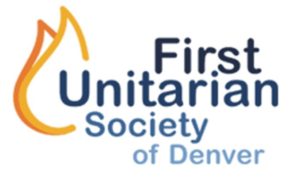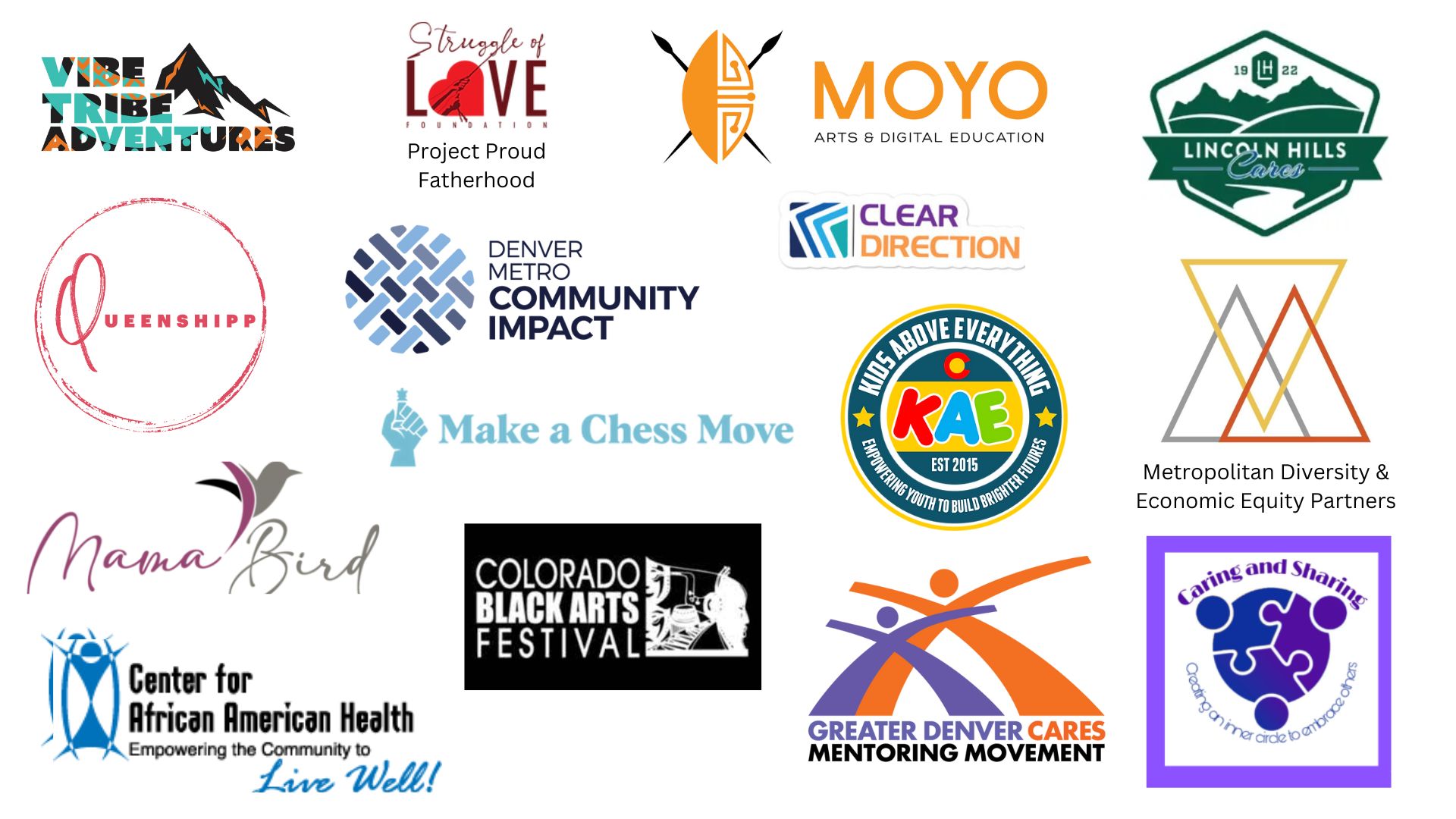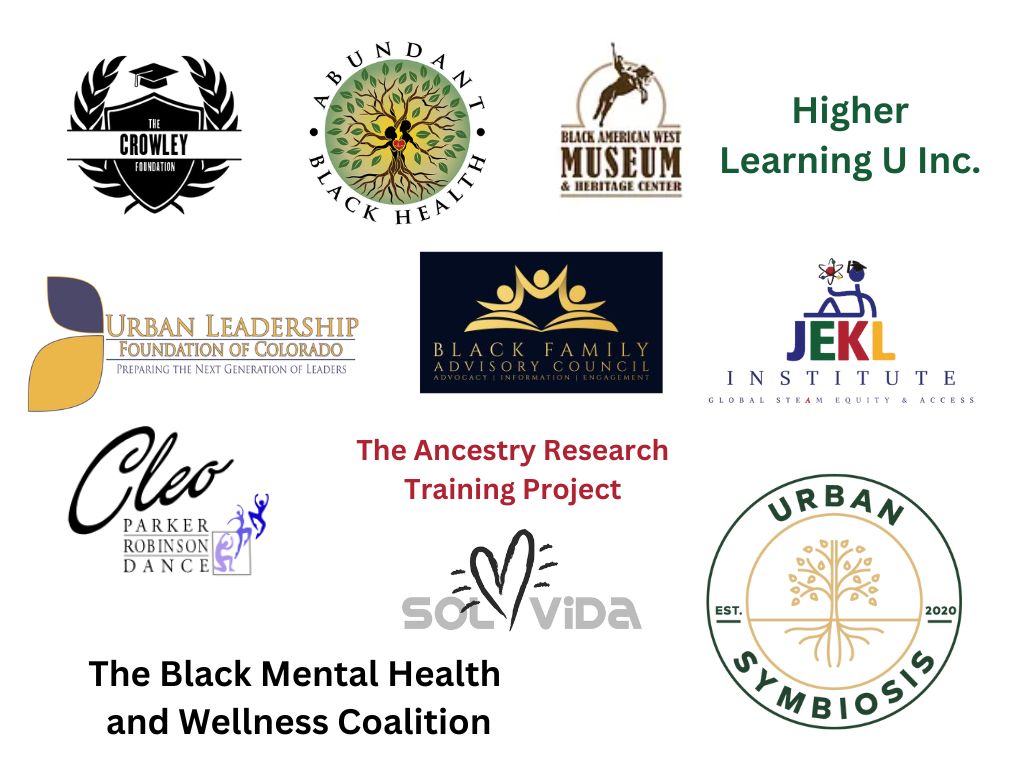Reparations Circle Denver and Denver Black Reparations Council are delighted to announce the launch of our reparative grant cycle program through The Denver Foundation.
Our 2023 grant cycles were sponsored by First Unitarian Society of Denver.

Is your faith community interested in sponsoring a reparative grant cycle?
Congratulations to our Spring & Fall 2023 Grant Recipients!


Click to learn more about Denver Black Reparations Council
Note: to apply, you must create an account on The Denver Foundation's grant management portal.
Next Grant Cycle: Fall 2024
Awards from our first reparative grant cycle were made in December 2022.
Read about the impact of our first reparative grant cycle below.
Seven organizations receive first round of reparations grants
“It was what we needed,” said one leader.

Rise Jones at TeaLee’s in Denver’s Five Points neighborhood, Friday, Feb. 16, 2022. The tea shop was the first recipient of Denver Black Reparations Council’s grant program. African art, homeless resources, food justice and early childhood education are some of the issues tackled by groups receiving the first round of grants from the Denver Black Reparations Council. With $50,000 to distribute in total, chosen groups got between $6,500 to $7,500.

TeaLee’s in Denver’s Five Points neighborhood, Friday, Feb. 16, 2022. In 2020, the Council gave its first grant to TeaLee’s Tea House and Bookstore, a Black owned business in Five Points, helping the owner stay in business after her husband died. Now, the Council plans to run two grant cycles per year. The first full round of grants announced in December are going out to seven organizations, chosen among 54 applications.
“The most important thing that we can do is to recognize that in the Denver community, just like with any community in the country, there are things that are going on, there are pressures… that are damaging Black people, and damaging the Black community and damaging Black businesses,” said Council Chairperson Arthur McFarlane II. “So it’s important for us from a reparations perspective to begin to address some of that so that we can slow, if not halt, the damage that’s being done.”
One of the organizations receiving a grant is Youth Seen, a group that supports the LGBTQ community, and particularly people of color.
Dr. tara jae founded Youth Seen in 2017.
“It really started out of a void that I saw in the community,” they said. “I was really looking at Black queer folks, because there is not a lot of resources specifically for us and by us.”
Youth Seen provides therapy, summer camp programs, affinity spaces and support services for medical affirming care for LGBTQ people in Colorado. The organization got $7,000 from the Council. jae says they have not decided yet how to spend the money, but plans to make the decision with their staff.

A caricature of Louis Freeman and Rise Jones at TeaLee’s in Denver’s Five Points neighborhood, Friday, Feb. 16, 2022. The tea shop was the first recipient of Denver Black Reparations Council’s grant program. Jones and her late husband Louis Freeman founded the shop. He passed away in 2020. “Reparations is really talking about, what does it mean for Black folks to take up space?” jae said. “It is a different look of decolonizing wealth. Specifically in Colorado, I think it’s something that we need to be having more conversations and bigger conversations [about].”
“It was what we needed,” they said.
James Grevious founded Urban Symbiosis, another grant recipient.
Grievous is a veteran who became an urban farmer after returning from deployment in South Korea in 2015. He had a lot of downtime and got into gardening, motivated by fashion designer and gardener Ron Finley.
“[He] really inspired me to make it okay for a Black man to start gardening because there was some stigma with it,” he said.

Rise Jones at TeaLee’s in Denver’s Five Points neighborhood, Friday, Feb. 16, 2022. The tea shop was the first recipient of Denver Black Reparations Council’s grant program. Jones and her late husband Louis Freeman founded the shop. He passed away in 2020.
Urban Symbiosis is the nonprofit arm of Grievous’ farmer’s market Rebel Marketplace. With the grant, Grievous plans to design an urban farm program to help get members of Aurora’s Black community involved in food production. He also hopes to bring in staff and help support farmers with growth and farmer’s market fees.
“This reparations grant is really key,” he said.
In 2023, the Council plans to have two grant cycles, starting in the spring.
The other organizations chosen in this round include the Community Outreach Service Center, Denver Center for African Art, From the Heart Foundation, FrontLine Farming and Hope Center.
McFarlane does not have an exact date for the next round of applications but said that fundraising is on track to continue with the $50,000 per cycle, and that he ultimately hopes capacity will grow in future years.
“We’re headed in the right direction,” he said.



